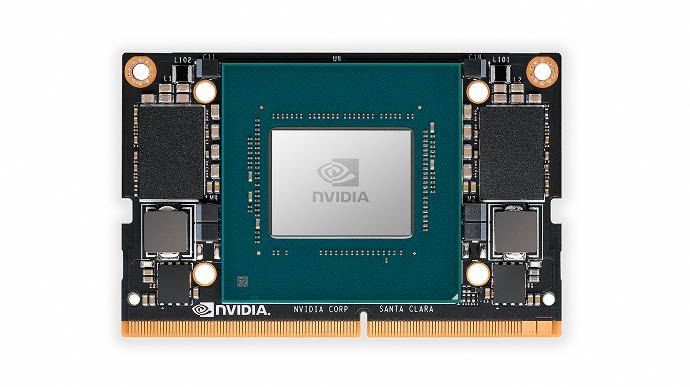Artificial Intelligence (AI) is already having a major impact on many industries, and the development of modular AI hardware is helping to accelerate the progress. Modular AI hardware is designed to be easily reconfigured and customized to meet the needs of the user. This makes it ideal for use in applications that require rapid deployment and scalability, such as autonomous vehicles, robotics, and healthcare.
One of the major advantages of modular AI hardware is its flexibility. Unlike traditional hardware, where components are fixed in place, modular AI hardware can be rearranged, added, or removed as needed. This allows users to quickly adapt to changing requirements and create systems that are specifically designed to meet their needs.

Another benefit of modular AI hardware is that it is more cost-effective than traditional hardware. By allowing users to upgrade and expand their systems as needed, modular AI hardware helps to reduce the cost of ownership, making it a more attractive option for businesses. Furthermore, since the components can be reused and reconfigured, modular AI hardware is often more reliable than traditional hardware, reducing the risk of hardware failure.
Finally, modular AI hardware is also more energy-efficient than traditional hardware. By allowing users to customize their systems, they can reduce the amount of power used, which helps to reduce the overall cost of running their systems. This makes modular AI hardware an attractive option for businesses that are looking to reduce their energy consumption and lower their operating costs.
In conclusion, modular AI hardware offers many advantages over traditional hardware. It is more flexible and cost-effective, and can be customized to meet the needs of the user. Furthermore, it is more energy-efficient, making it an attractive option for businesses that are looking to reduce their energy costs. For these reasons, modular AI hardware is becoming increasingly popular in many industries.